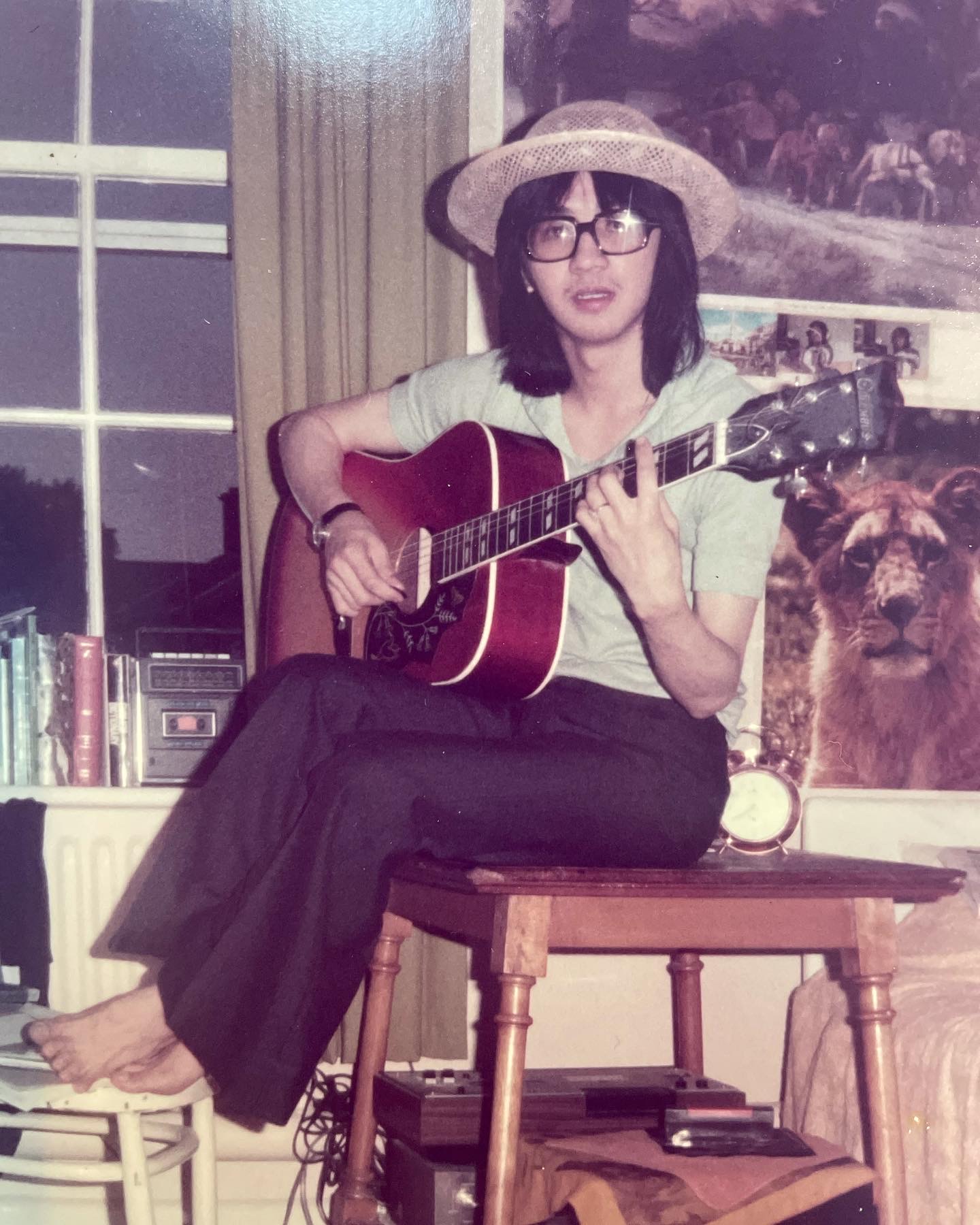Needless to say, I was misled and complained about it. My friend and I went to the matron, who threatened to deport us if we didn’t settle down and do the training, and then she confiscated our passports. So we were trapped at that hospital for two years. I was a foreigner in a strange country with no one to support me. I didn’t know where to turn, so I just went along with it.
I later moved to Middlesex in northwest London. I made friends with a different type of Caribbean and English crowd. We used to go down to the West End. You could let your
hair down a bit in London. In Basingstoke, it was just work, church, and back to the nursing home.
I came up to Leeds to visit a friend and met Orris, my future husband. I was still living in London so he used to come down to visit. I used to sneak him in through the ground floor window of the nursing home where I lived. All the nurses’ boyfriends had to leave the home at ten o’clock. That wasn’t very late but they treated us like children.
After my initial training, I wanted to train as a midwife and I applied to a hospital in Leeds. Up here, I noticed that people treated me differently. Once I was about to deliver a lady with a husband sat right in the room. And as I approached the bed, he said to me, ‘I don’t want you to put your black hands on my wife. We have come to this country to get away from the likes of you’. Now it turned out that he came from South Africa. And the nursing officer who was in charge – instead of her supporting me, she moved me out of the room. I went into the sluice, and I just wept.






